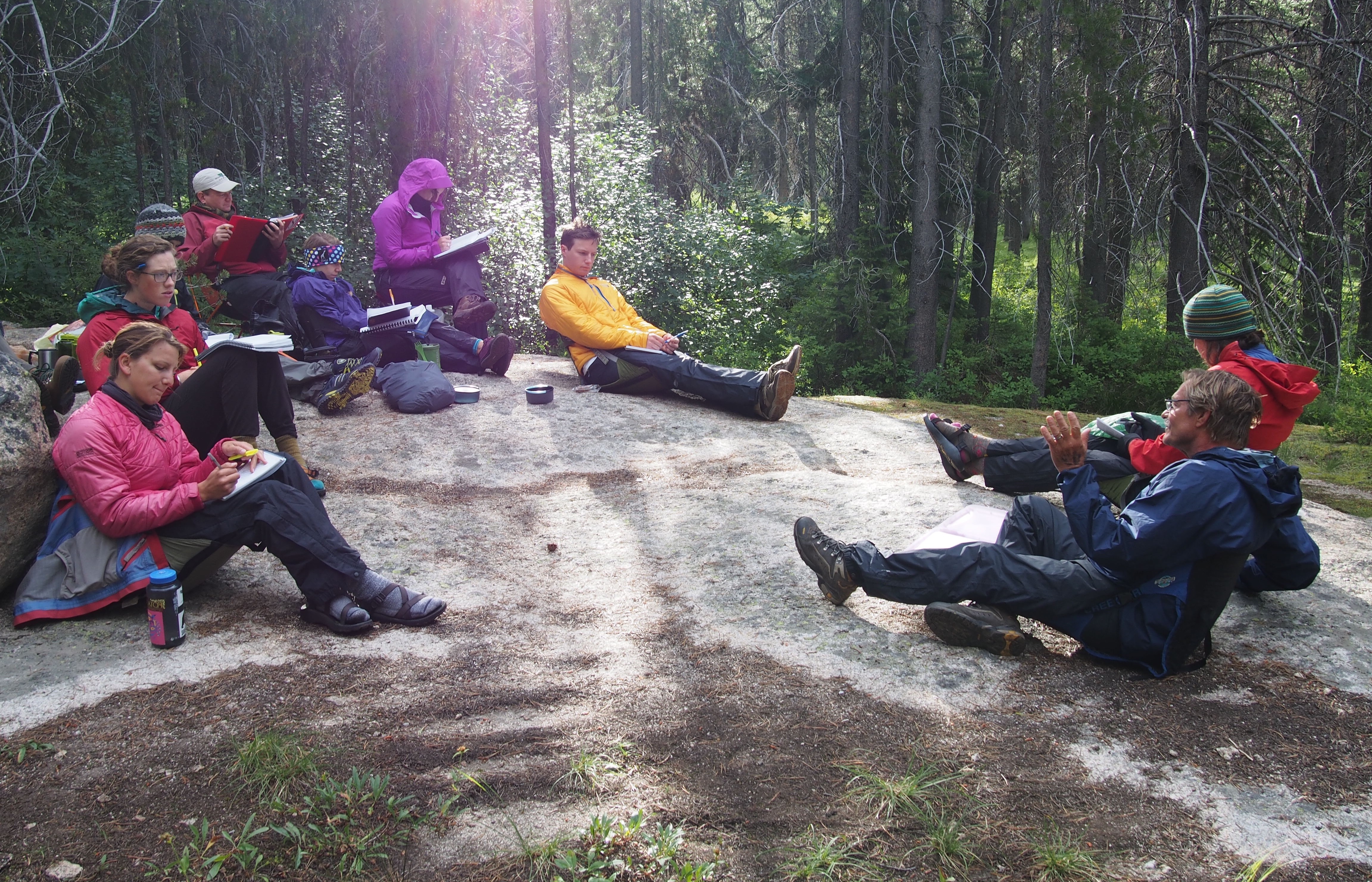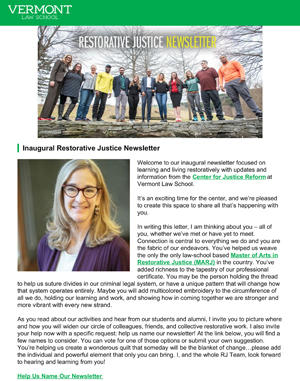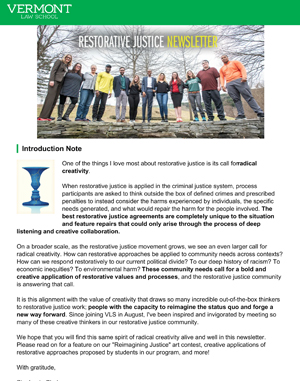Vermont Law School’s Environmental Law Center today announced the launch of the Tuholske Institute for Environmental Field Studies, a program that prepares law students to advance environmental protection and justice through place-based experiential education opportunities.
The institute will oversee Vermont Law School’s environmental field course offerings across the world. It will work to ensure that these courses enhance students’ cultural competence and understanding of racial and socioeconomic disparities in environmental benefits and harms; diversify their learning experience through exposure to different landscapes and the communities who depend on them; and provide training for collaborative, hands-on knowledge of natural resources. The institute will also advance scholarship, dialogue, and best practices related to the role of field study curriculum in law school, promoting place-based education across institutions.
“At Vermont Law School we are committed to shaping the next generation of leaders in environmental law and policy, and hands-on experience is central to our students’ training,” said Jennifer Rushlow, Environmental Law Center director and associate dean. “Field studies give students the chance to see the complexity of environmental issues on the ground, hear from the communities most affected, and understand the urgency of the challenges ahead. We are thrilled to establish the Tuholske Institute and strengthen these experiences for our students.”
The institute honors late Vermont Law School Professor Jack Tuholske. An innovator in place-based legal education, Tuholske established a Vermont Law School field course in 2002 that took students on a two-week backpacking trip in the Montana wilderness to learn public lands law. In addition to serving on the Vermont Law School faculty for 20 years, Tuholske was a leading public interest lawyer with over 50 reported decisions to his credit, most of them victories. He set precedents under many federal and state laws.
“Jack inspired an entire generation of environmental lawyers and his brilliance in the courtroom left a legacy of protection for the wildlands he loved,” said Pat Parenteau, professor and founding director of the institute. “This program is dedicated to his vision of experiential learning grounded in nature.”
Tuholske’s Montana course served as an early model as Vermont Law School expanded its field offerings and leadership in experiential environmental education. The school’s Environmental Law Center now offers courses in Utah, Cuba, Southeast Asia, the U.N. Climate Change Conference, and more—in addition to the original Montana course, now taught by alumna Chelsea Colwyn, a staff attorney for the Confederated Salish and Kootenai Tribes.
Colwyn remembers being surprised when she first learned that there was a field course at a law school—until she enrolled in Tuholske’s course in Montana. “After taking the course and teaching it for nearly a decade, I can confidently say that there should be many more field courses for law students,” she said. “The more that law and policy students can understand and witness the real, on-the-ground impacts that laws have, the closer we can come as a society to harmonizing the intent of those laws to their actual effects.”
For more information about the institute, visit vermontlaw.edu/tuholske-institute.

Jack Tuholske (right, in blue) and students in their outdoor classroom in Montana. Photo by Dave Colwyn.


















